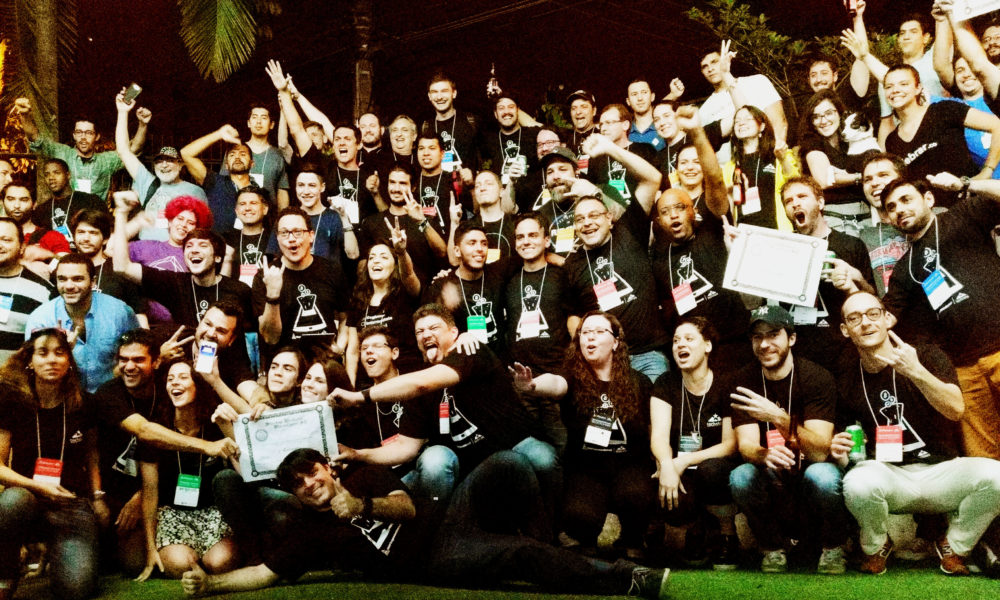Brazil’s recent recession has impacted an inevitable change, one which will provide a steep learning curve to the employment market.
Earlier this year, 14 million Brazilians were unemployed in a country climbing out of a recession at a rate of 1% growth in 2017’s first quarter. Employment rates have been forecasted upwards, but growth in all countries is currently driven by the tech sector. So any Brazilian growth is going to have to contend with the new way Millennial tech-workers view the jobs market and the level to which there is a change in the jobs market which will need to be appealed to.
“It’s too risky for countries in Brazil and other Latin American countries to adopt that gig-economy mentality,” says Othamar Gama Filho, CEO of Talentify, “there is a regulation black hole at the moment and they want to see what’s on the other side, that’s causing many companies to delay that strategy. It is a country recovering from a recession.” Talentify is a recruitment platform with a mobile-first approach. Their understanding of how to engage the jobs market is based on slimming down the application process until mobile users feel it to be devoid of hassle and uncertainty.
“Millennials don’t have that pressure from parents or pressure from society to find a career and stay in it forever,” says Filho, “Now it’s much more acceptable to find [a] project and work when they feel they need it.” It’s a challenge for those whose mindsets tend toward the existing status quo, but one that Talentify see a difference in across the world. Currently operating in the US and Brazil provides a unique insight into how the trend of younger companies looks across a variety of economic areas.
The approach is based on a recognition that Millennials don’t deal with the jobs market in the way their potential employers expect them to “making things fit on a cellphone is better… it’s a mobile mentality and a gig-economy mentality, which makes [Millennials] jump jobs faster.”
But either way, the jobs market has to adapt to the inevitable. In the US 60% of Millennials leave jobs either because the company is not a good culture fit, or because they got a better offer. Which might sound like two different reasons, but ultimately it comes down to employers being up-front with employees about what to expect and delivering on those expectations.
“It requires a lot of flexibility and advantage for companies, but for some countries it’s just a matter of regulation and labour laws that need to be reviewed,” says Filho.
That being said, the process of applying for a job – as everyone will know – is arduous, and it needn’t be. Talentify have attended to the way candidates drop out of the hiring funnel and recognised that additional steps lead to fewer applicants. The crucial recognition is that employers can’t use an arduous hiring process as a shit-test for who will make it through; a better approach is to allow all through and provide the employer choice.
The subsequent problem is that this leaves a lot of applications to sift through, but clever algorithms can review the most basic requirements. Employers should, in the end, be looking at fewer, more applicable candidates by virtue of accepting a higher volume of applications. Rather than trying to stifle the entry process as a botched short-cut to desirable employee traits.
In the end, the old ways won’t work. Filho says, “In Brazil, because there are so many candidates willing to go through that arduous process of applying for a company, it doesn’t force the companies to adapt, it doesn’t force them to provide a better experience.”








